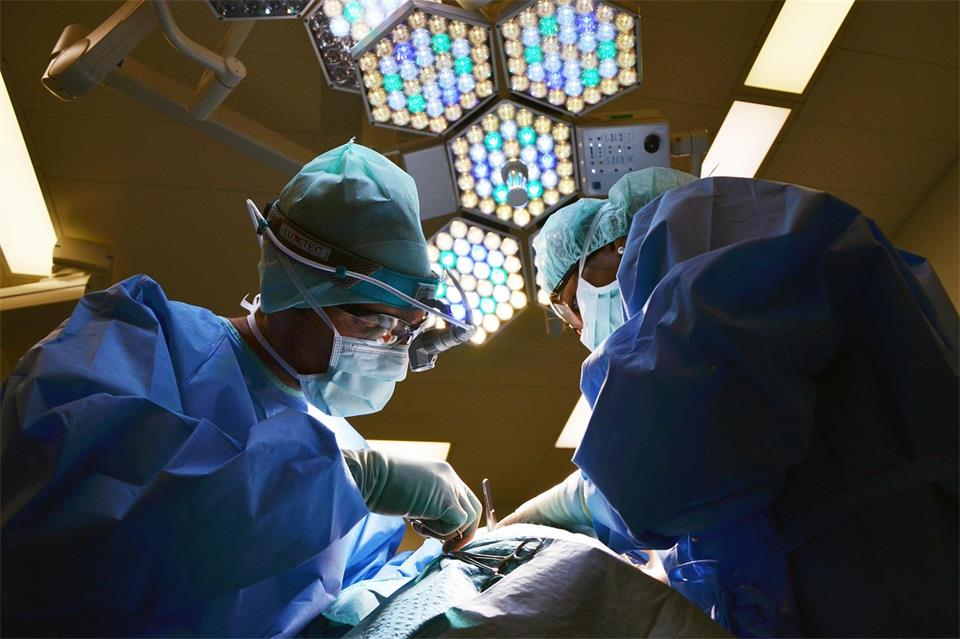Meeting with a plastic surgeon for the first time can feel intimidating. You may have questions swirling around in your head about what to expect, how to express your goals, and what kind of outcome is realistic. But the consultation is your chance to get all the information you need to make the right decision. Here’s how to make the most of that conversation.
Define Your Goals Clearly
Before you walk into the surgeon’s office, take some time to pinpoint exactly what you want to change or enhance. Are you looking to lift sagging skin, slim down your waist, or correct a bump on your nose? Write down your goals in specific terms so you don’t forget to mention anything during the consultation.
It can also help to bring photos that show the look you’re aiming for. Maybe you admire a certain celebrity’s nose or someone’s jawline. Keep in mind, though, that every body is unique. Your surgeon will assess your features and explain what’s realistically achievable.
If you’re not sure where to start, reaching out to a trusted plastic surgeon can provide valuable guidance. They can walk you through the options that align best with your goals and body type.
Research the Procedure
Having a basic understanding of the procedure you’re considering can make a big difference in how well you communicate with your surgeon. Look up the general steps involved, the recovery timeline, and common risks. This way, you’ll have a better grasp of what’s involved and can ask more targeted questions.
For instance, if you’re thinking about a tummy tuck, ask about the different incision techniques and how they affect scarring. If a facelift is on your mind, ask whether a mini lift or a full lift is more appropriate for your needs.
The goal here isn’t to become an expert but to have enough knowledge to ask the right questions and understand the answers clearly.
Ask About Qualifications and Experience
Not all plastic surgeons are equally qualified. Before you commit to any procedure, ask about the surgeon’s credentials. Are they board-certified? How many years have they been practicing? How many times have they performed the procedure you’re considering?
Seeing before-and-after photos of previous patients can also give you a good sense of their work. Look for patients with similar body types or facial features to yours. This can give you a more accurate idea of what to expect in terms of results.
Additionally, ask if they use any advanced techniques or specialized equipment. Some surgeons have specific expertise in certain procedures, which can improve your overall outcome.
Be Open About Your Health History
Your health and safety are top priorities. Be honest about your medical history, including any allergies, medications, and past surgeries. Even small details can impact how your body responds to surgery and how smoothly your recovery goes.
Lifestyle habits like smoking and drinking also matter. Smoking can slow down healing and increase the risk of complications. Your surgeon might ask you to quit for a few weeks before and after the procedure to ensure the best possible outcome.
If you’re taking any medications, mention those as well. Some drugs can increase bleeding or interfere with anesthesia, so your surgeon needs to know about them ahead of time.
Understand the Recovery Process
Recovering from plastic surgery can vary greatly depending on the procedure. It’s essential to know what to expect so you can plan ahead and take the necessary time to rest and heal properly. Ask your surgeon how long the recovery period will be and what kind of side effects you might experience.
For example, if you’re getting a tummy tuck, you may need to wear a compression garment for several weeks to minimize swelling and support the healing tissues. With a rhinoplasty, you might need to sleep with your head elevated to reduce swelling and bruising.
Find out how much time you’ll need to take off work and when you can safely resume normal activities like exercising or heavy lifting. Some procedures may require multiple follow-up appointments to check your progress and remove stitches. Ask if these follow-up visits are included in the initial cost or billed separately.
It’s also crucial to understand potential complications and warning signs. What should you look out for after surgery? When should you call the surgeon if something doesn’t feel right? Knowing what to expect can help you feel more confident and prepared for the healing process.
Discuss Costs and Payment Options
Plastic surgery can be a major financial commitment, so it’s important to get a clear breakdown of costs. Ask for a detailed estimate that includes the surgeon’s fee, anesthesia, facility charges, and any additional costs like post-surgical garments or medications.
Some practices may offer financing options to make procedures more accessible. If budget is a concern, ask about payment plans or third-party financing companies the practice works with.
However, avoid choosing a surgeon based solely on price. While it’s natural to look for a good deal, the most important factor is finding a qualified, experienced surgeon who prioritizes your safety and delivers quality results. Cutting corners to save money could lead to complications or unsatisfactory outcomes that may end up costing you more in the long run.
Take Time to Make a Decision
After your consultation, take time to digest everything you’ve discussed. Review the information the surgeon provided, including before-and-after photos, treatment recommendations, and cost estimates.
Think about whether the surgeon’s approach aligns with your expectations. Did they listen to your concerns and provide honest, realistic feedback? Did they clearly explain what’s possible and what isn’t? Feeling rushed or pressured to make a decision is a red flag.
If you’re uncertain about moving forward, consider getting a second opinion. Consulting with another plastic surgeon can provide a fresh perspective and help you feel more confident about your decision.
Building Trust with Your Surgeon
The relationship you build with your plastic surgeon is just as important as their qualifications and experience. You need to feel comfortable asking questions, expressing concerns, and discussing your expectations openly.
A good surgeon will listen carefully, provide clear explanations, and never promise unrealistic results. They’ll focus on what’s achievable based on your anatomy and overall health, not on making you look like someone else.
If the surgeon seems dismissive, evasive, or overly pushy, it may be a sign to look elsewhere. Your safety and satisfaction should always come first, and a reputable surgeon will prioritize those things over making a quick sale.
Wrapping Up Your Consultation
Talking to a plastic surgeon is a chance to get real answers about what’s possible and what to expect. It’s not just about explaining what you want but about making sure you’re heard and understood. Take your time, ask questions, and don’t rush into anything.
A good surgeon will be honest about what they can do and what they can’t. They’ll help you understand what’s realistic, how long recovery might take, and what risks are involved. This is your body and your decision, so make sure you feel comfortable and confident with your choice.
Finding the right fit with a surgeon can make a big difference in how you feel about the entire process. Trust your instincts, take your time, and remember—you’re not just choosing a procedure; you’re choosing a person to guide you through it.




